There is a class library used by some application. It contains a class A for external usage with a static field of another private class B inside the library. User application uses instances of class A from the library.
As the application shutdowns I'd like to perform some clean up in class B. Is it possible to catch application shutdown event in class B without any action from user application?
class B
{
public B()
{
// attach Handler() to applicaiton shutdown event
}
void Handler()
{
// do some work
}
}

